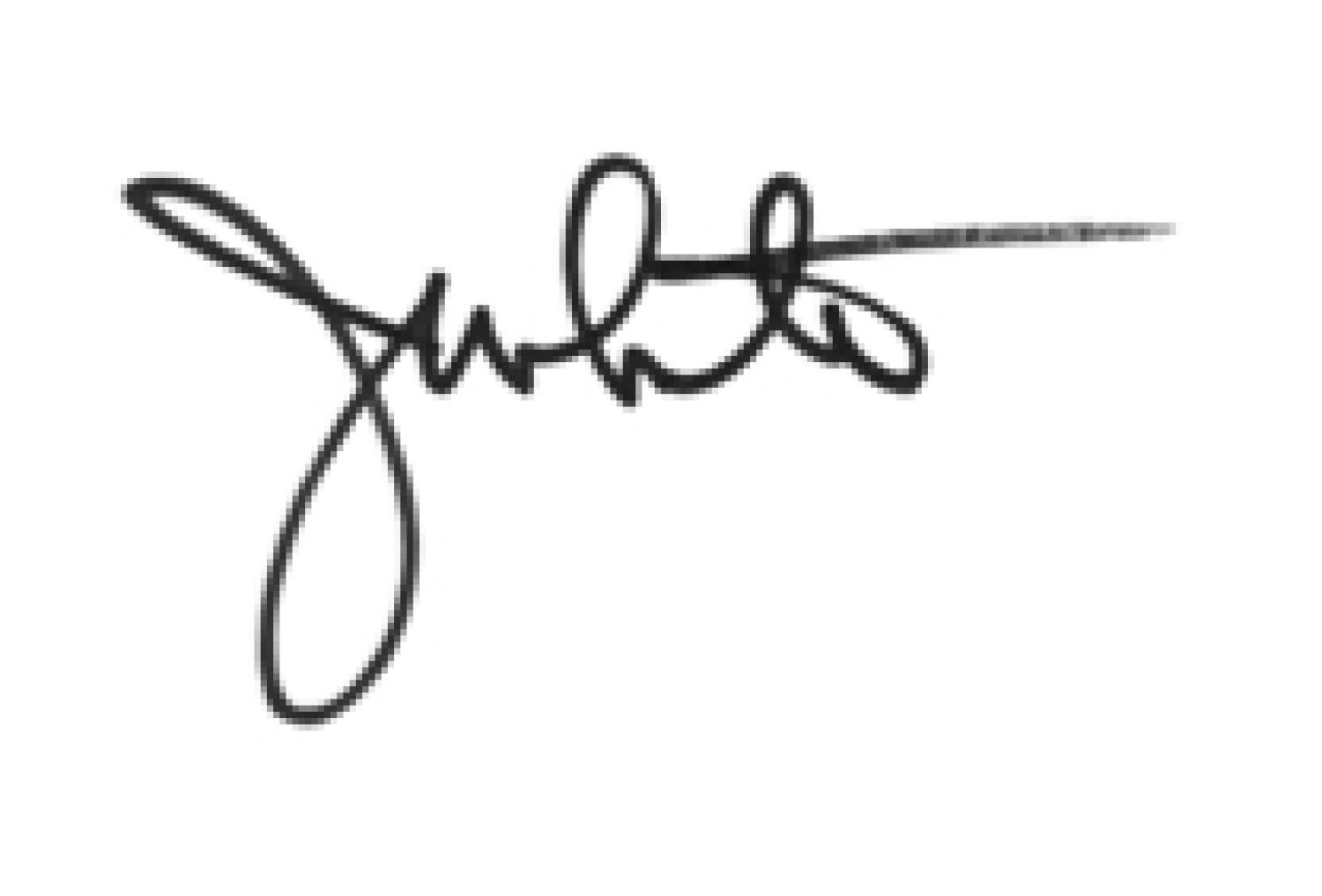Committing to exceptional teaching and evaluation
Published November 19th, 2020.
The great American philosopher John Dewey noted: “If we teach today’s students as we taught yesterday’s, we rob them of tomorrow.” In the College of Arts and Sciences, we are all about creating more tomorrows for our students.
We are a world-leading research university and have aligned our resources and evaluations to that purpose. We know how to motivate great research. But how do we motivate great teaching? To answer that, we need to face these questions: How do we define great teaching? How should the university recognize and reward it?
The college is striving to answer those questions meaningfully. Last year, I convened an ad hoc committee on teaching, co-chaired by David Brown, divisional dean for social sciences, and Noah Finkelstein, a physics professor and CU President’s Teaching Scholar. I asked them and their committee to recommend ways to foster and assess teaching quality.
The committee’s recommendations start from a few basic propositions.
First, quality teaching is and should be a top priority at all research-intensive universities like ours. Exceptionally good teaching manifests our commitment to excellence and our promise to our students. Further prioritizing teaching to address equity issues advances those imperatives.
Second, teaching quality and effective teaching assessment should be defined by each discipline. Disciplinary specificity fosters a scholarly approach to teaching that employs the same rigor our faculty use in research and scholarly work.
Third, our commitment to teaching should be recognized and rewarded at the University of Colorado Boulder.
Step one in realizing these aspirations is defining teaching quality. The committee identifies three dimensions of quality:
- Inclusive teaching, which means, in part, supporting diverse approaches to learning using a variety of teaching practices. It also means being sensitive to and supportive of students and faculty across the range of social, economic and demographic factors.
- Goal-oriented teaching, which is guided by clearly articulated learning goals, based on a curriculum designed to prepare, enact and achieve those goals, and responds to feedback, including evidence of impacts on learning.
- Scholarly teaching, which is evidence-based, employs often-innovative approaches, and draws from and contributes to what is known through reflection and continuous improvement.
It’s not enough simply to aspire to teach well, or to state that we have this aspiration. We must also measure our teaching with clear criteria. The committee proposes three ways to improve the evaluation of teaching.
- Clarifying departmental responsibilities: Because departments are responsible for establishing clear expectations for teaching, each unit’s policies and procedures should specify standards and expectations for merit evaluations, reappointment, tenure and promotion for teachers. These policies should clearly distinguish between levels of accomplishment, such as “meritorious” vs. “excellent” teaching.
- Applying scholarly frameworks for evaluation: In addition to being guided by the three dimensions of quality teaching, departments may also adapt rubrics developed using the scholarship of teaching and learning in higher education.
- Employing multiple measures with scholarly tools: Measures of teaching effectiveness should draw evidence from at least three sources: students, peers and self. Academic units should use student data from FCQs or analogous instruments in ways that best draw upon students’ unique perspectives and provide specific, actionable feedback. Peer review is the hallmark of all forms of scholarship and should be applied to teaching evaluation though efforts such as course observations and faculty discussion. Finally, self-reflection allows instructors to contextualize peer observations and student data, and to share information about student outcomes and instructors' success in professional development or pedagogical innovations.
Here’s where we are going: By September 2021, we are asking all academic units in our college to articulate goals and preliminary processes. By May 2022, the goal is full implementation. In this process, the college will stand behind our units and provide resources to meet this goal.
While exceptional quality in all that we do is in itself a worthy goal, if we need more motivation, we can find it in this: CU Boulder competes with many other great universities for our students. The better we are in both our teaching and research, the better our reputation among prospective students and their parents, and the brighter our future as a university.
As Finkelstein notes, we are increasingly tuition driven, so the college’s effort to improve teaching evaluation “ensures that the resources students are paying for are deployed in the best possible way.” Our university and this college are serious about our commitment to educational success. By enacting leading-edge teaching evaluation, we back our lofty words with measurable action.
CU Boulder is already among the top universities in the area of teaching evaluation, so we are well-poised to do this work. Further, our efforts dovetail with those of the Association of American Universities and the National Academies.
High quality is not a finite quantity. It is limited only by our willingness to work for it and to make it a seamless part of what we do. High-quality teaching is absolutely central to our mission, and that is why we must commit ourselves to this endeavor.

James W.C. White
Interim Dean


